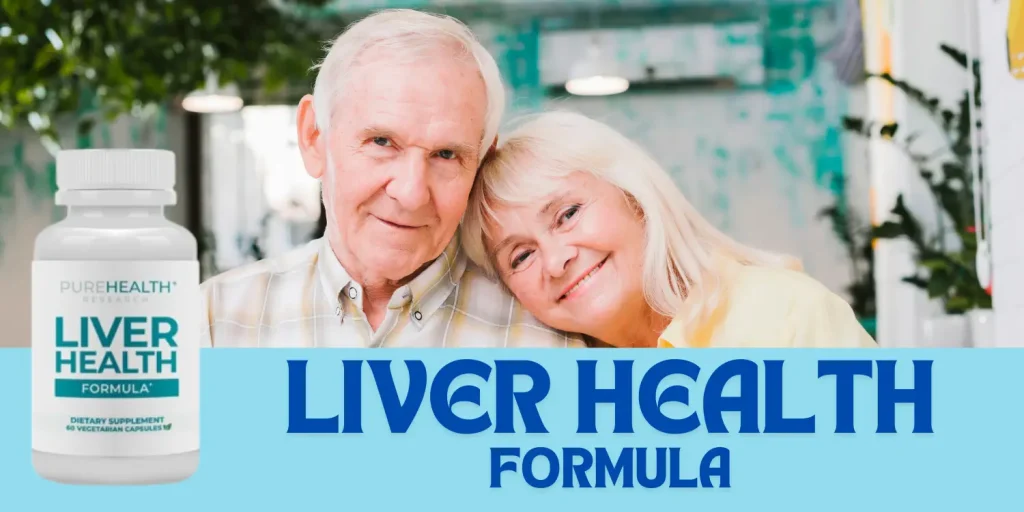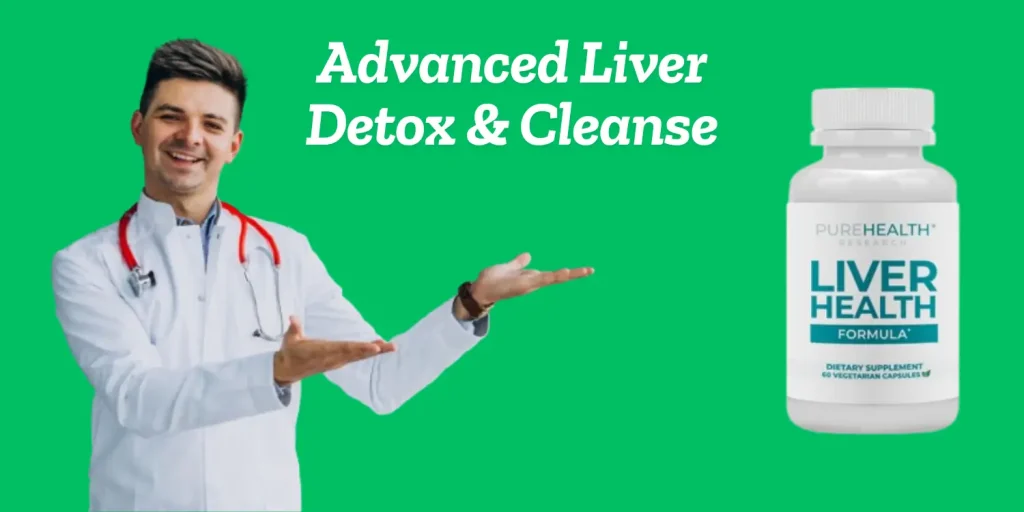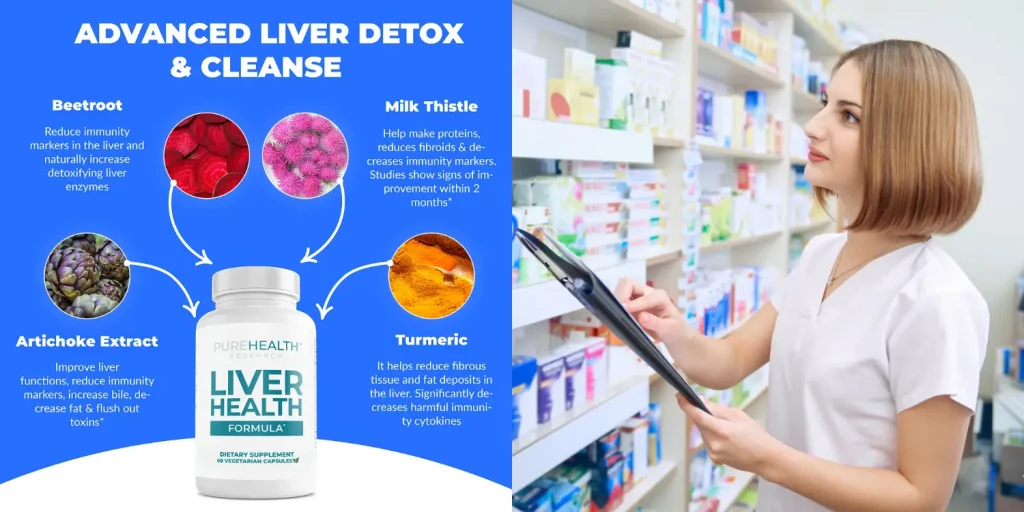Introduction about Liver Health?
You might not realize just how critical the human liver is to general health and vitality, which makes it one of the most vital organs of the body. It also performs multiple important functions, including digestion, synthesis of bile, regulation of carbohydrates, proteins, and fats, as well as acting as the body’s detoxifier. A hepatic organ controls and regulates the immune system, digestion, and metabolism in their broad sense. However, fatty liver disease, hepatitis, and cirrhosis are among the most important health threats that may occur when variables such as poor diet, high alcohol consumption, obesity, or exposure to pollutants affect liver functions. Taking fruits, vitamin, and whole grain products, drinking adequate water, practicing regular exercises, and avoiding dangerous drugs and high alcohol content are the important contributions towards maintaining liver health. A healthy diet, regular physical activity, and check-ups with doctors are good examples of prevention measures. Understanding the importance of liver makes individuals know that they have to do what is right so that their body’s filter can continue to work effectively for a long time so that they can avoid getting sick.

How can I improve my liver health?
For the liver to continue performing these tasks, then almost all these healthy lifestyles and habits need to be embraced. In the first case, dietary changes that focus on whole grains, lean meat, fruits, vegetables, and healthy fats should be taken. Such foods like oranges, spinach, and strawberries, along with many others, reduce inflammation levels and offer protection against oxidative stress. Limit your intake of sweet foods and processed meals and avoid foods rich in saturated fats to help you prevent liver fat buildup.
One is supposed to take lots of water and keep hydrated, as it helps in the detoxification of the body. Do not consume a lot of alcohol because this is some of the leading contributing factors to liver disease. Exercise is essential in helping individuals to keep off the unwanted calories that lead to non-alcoholic fatty liver disease. When you are using drugs, be safer and avoid the use of additional vitamins and herbs that may stress the liver. Finally, do not expose yourself to contaminants in the environment, and always ensure you follow measures when dealing with chemicals. There are many tests that can assist in the oversight of the liver or the preservation of the liver at an optimal standard as part of regular general health check-ups.

How do I know if my liver is healthy?
Listening to your body signals and scheduling routine appointments with your physician are the ways to find out whether your liver is in order. A healthy liver is one that does not make its presence felt, or, as it has been said, sic transit mensa via the liver without symptom. But weakness, yellowing of skin and eyes, passage of dark coloured urine, pain in the abdomen, swelling, or unexplained weight loss may hint at problems with the liver. You ought to consult a doctor if you experience any of these symptoms.
LFTs, along with other blood tests that seek to determine the proportion of enzymes, can assess the health of the liver. Ambient exams such as MRI, CT, and ultrasounds can also show accumulations of fats or structural changes of the liver. It is important that one attends their normal checkup in order to monitor any risks, especially when one has had liver diseases, drinks a lot of alcohol, or is obese. The best thing which one can take forward for long-term benefits is that one should be absolutely preventive so that the liver of a human being remains in good functioning order.
How do you repair a damaged liver?
Dieting and obeying the medical advice are obligatory to restore the affected organ and stay healthy in general. In case the injury occurs, the liver does possess a wonderful ability of healing, subject to timely treatment. First of all, eliminate vices that worsen the liver condition, including smoking and consumption of alcohol. To get the essentials, concentrate on taking more fruits, vegetables, whole grain meals, lean proteins, and healthy fats. Garlics, calorie-fatty salmon, and leafy green vegetables are part of the diet that is capable of supporting liver repair due to antioxidants and anti-inflammatory properties.
Thus, the biggest help is given to the efforts to eliminate pollutants through drinking water. Daily exercise may help you prevent obesity because it contributes to straining the liver. Avoid nonprescription vitamin supplements and drugs if feasible since some of them could worsen the liver disease. To diagnose it properly and receive proper targeted care, consult a doctor. When the liver is affected, it can often heal and recover its basic roles and promote overall well-being with proper attention.

Liver Health Conclusion?
Therefore, being that the liver is involved in metabolism, detoxification, and nutrient storage, the health of the liver should be checked as a core aspect of health. Very much like any other organ in our body, a healthy diet, regular exercise, lots of water, avoidances of dangerous drugs, and restricted alcohol intake are some ways to care for the liver. Regular activity counters ailments such as fatty liver disease and leads to a healthy weight. Thus, one should know about the symptoms that signify the possible onset of liver problems, including fatigue, jauntiness, or stomach ache. Liver function tests, as well as most other routine health checkups, are thus a valuable source of information as to the condition of the liver and are very useful in providing early warning if any problem is suspected. Consumers can make valuable and knowledgeable decisions to support and advance liver regeneration, prevent liver-orientated diseases, and enhance total health quality of life. This is because treatment of liver diseases is among the most effective ways of achieving a long-term healthy future and general fitness. Some things simply need your unadulterated support, and in equal measure, the liver has your back too.
